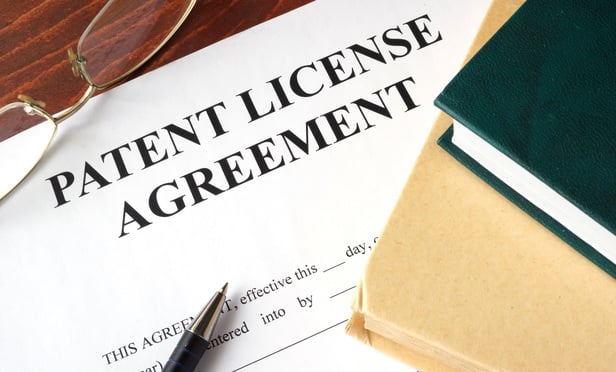Prior to acquiring or licensing a third party’s patents, a company should conduct due diligence to ensure that the patents contain enforceable claims with sufficient scope and that the patents are owned by the third party. Because of the associated time and expense, companies often wait until the details of a deal are nearly settled before asking their patent counsel to conduct its review. However, involving patent counsel early in the process allows for a more comprehensive review, and can provide the company with valuable leverage during negotiations. Clarifying the objectives of the deal with patent counsel allows them to provide the most helpful information in-house counsel in a cost effective manner.
Typically patent due diligence includes the following points:
This content has been archived. It is available through our partners, LexisNexis® and Bloomberg Law.
To view this content, please continue to their sites.
Not a Lexis Subscriber?
Subscribe Now
Not a Bloomberg Law Subscriber?
Subscribe Now
LexisNexis® and Bloomberg Law are third party online distributors of the broad collection of current and archived versions of ALM's legal news publications. LexisNexis® and Bloomberg Law customers are able to access and use ALM's content, including content from the National Law Journal, The American Lawyer, Legaltech News, The New York Law Journal, and Corporate Counsel, as well as other sources of legal information.
For questions call 1-877-256-2472 or contact us at [email protected]



